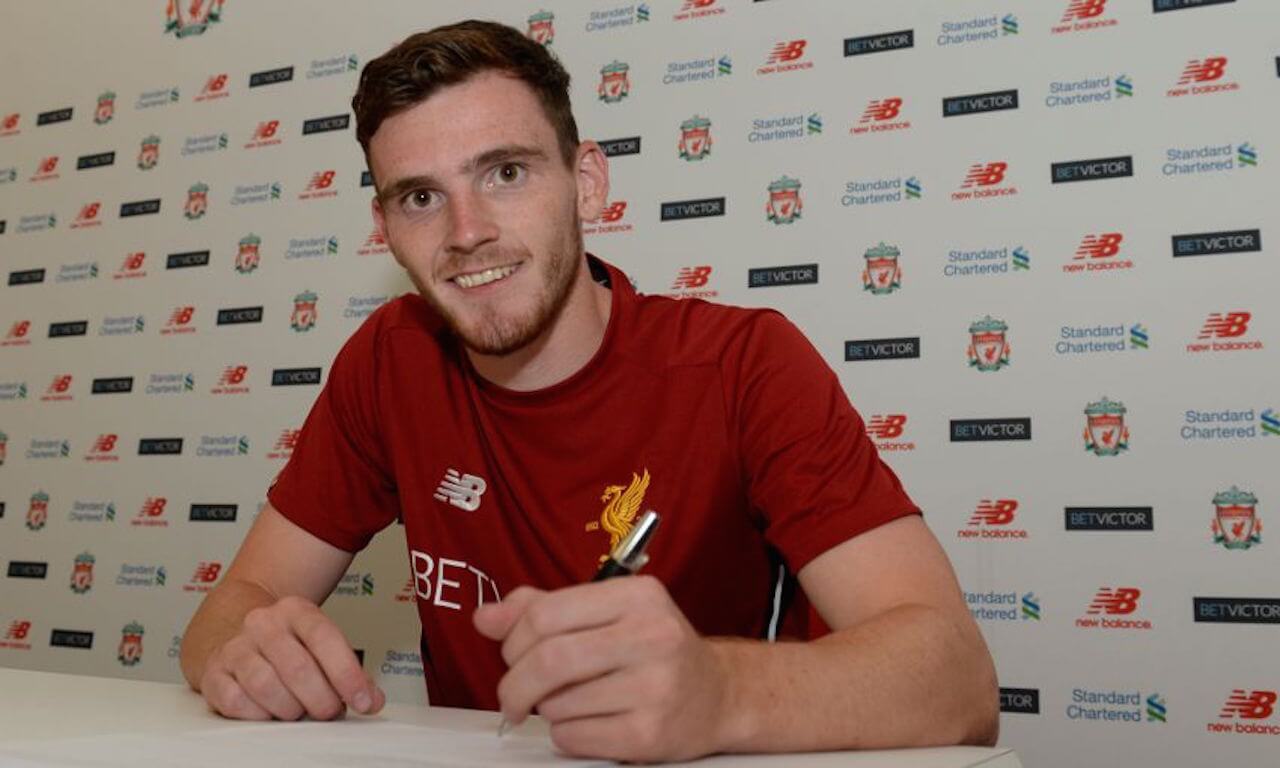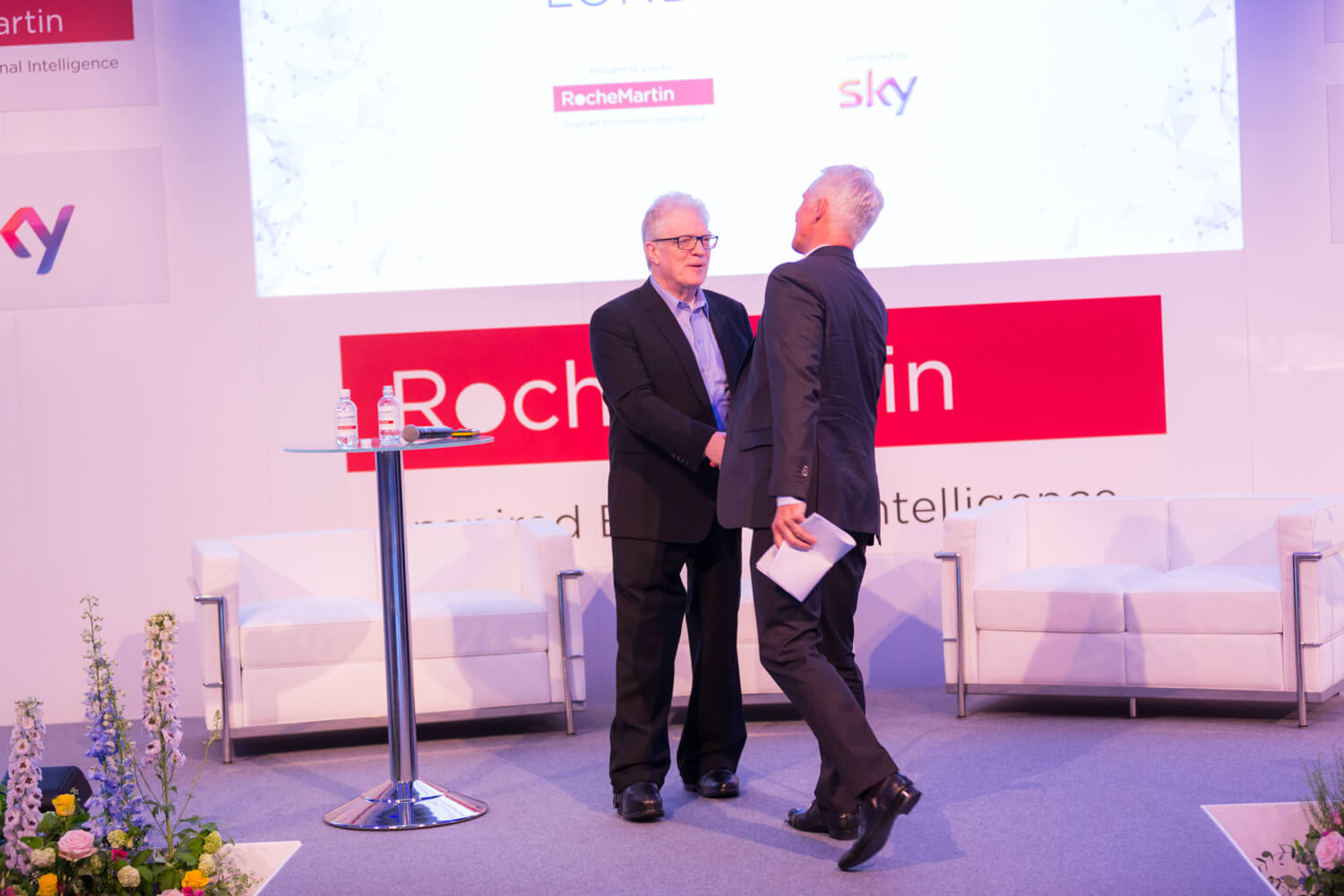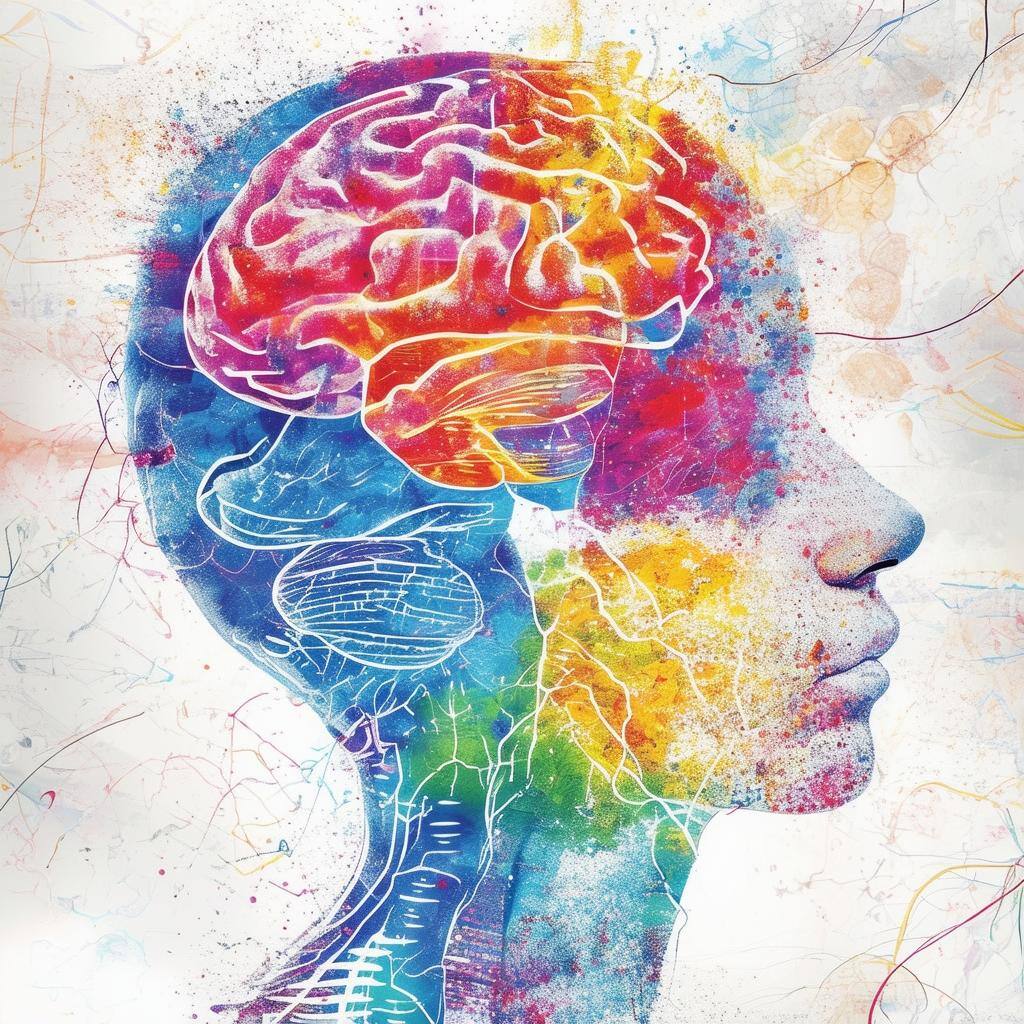
Jun 11 2018 | Tags: Emotional Intelligence
Reflecting On Andy Robertson’s Rise To The Top
“Between stimulus and response there is a space. In that space is our power to choose our response. In our response lies our growth and our freedom.”
Viktor Frankl, Neurologist and Auschwitz survivor
Andy Robertson’s journey to the 2018 Champions League final with Liverpool FC is a fantastic lesson in many things for young aspiring athletes, but from a psychological perspective, its his emotional resilience that stands out.
Roberston was released by his boyhood heroes – Celtic – at the age of 15 and was told by his parents that if he hadn’t earned another professional contract within 12 months, it was time to pursue a career outside of football.
For most young athletes, this hammer blow would be too difficult to recover from psychologically and this, coupled with the added pressure applied by parents would usually result in the young aspiring athlete pursuing something new. But for Andy Robertson – the rest is history.
So, how exactly did the slender boy from Glasgow go on to secure a transfer to the football superpower after his life was turned upside down at the age of 15?
Hard-work, commitment, and perseverance are just some of the adjectives that spring to mind and each are factors that characterise the psychological skill of resilience.
Resilience in sport is defined as the ability to cope effectively with major setbacks and disappointments; a strong will to succeed and the ability to bounce back from performance setbacks by focusing on the task ahead rather than the negative emotions.
In Andy Robertson’s case, the stimulus Viktor Frankl referred to was the emotional trauma of being dropped by Celtic and his response was to see the setback as temporary, refocus his attention and drive towards his burning ambition of being a professional footballer.
But what enabled him to enter into the space that Frankl described and effectively manage his negative emotions, maintaining a relentless pursuit towards his goal?
It was Robertson’s Emotional Intelligence (EI) – his ability to recognise, understand and manage his emotions and those of the people around him.
Ultimately, it was this ability that positively impacted his actions, culminating in him turning out against Cristiano Ronaldo in club football’s showcase event.
Unfortunately for Andy Robertson and everyone connected with Liverpool, the match ended in defeat, but if previous experiences are anything to go by, he will manage his negative emotions, learn from the experience and ultimately become an even better player.
About the Author:
Joe Davis, MSc is Head of Sport Psychology at RocheMartin – the global leader in implementing emotional intelligence and mindfulness training. We work with individual athletes, sports teams, professional associations, Fortune 500’s, and within education to unlock potential, develop emotional talent and enhance overall well-being. Joe is responsible for carrying out global research studies examining the relationship between athlete emotional intelligence and performance, as well as designing and delivering impactful training programmes that lead to considerable behavioural change.
If you found the content in this article interesting and would like to discuss athlete resilience in some more depth, then please feel free to get in touch at joe@rochemartin.com.
While you’re here, check out the Emotional Intelligence Sports Inventory (ESi) – our rigorous, psychometric tool that we use as part of our training programmes to benchmark athletes’ levels of emotional intelligence.








.jpg)